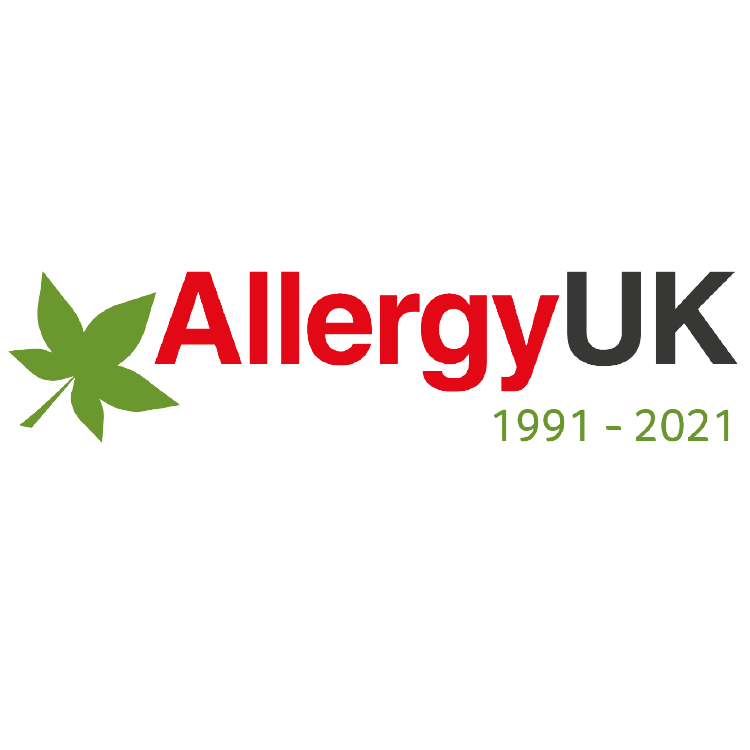Hay fever
The information on this page is based on advice from the Allergy UK website. See below for more information on their organisation.
What is hay fever
Hay fever is a common allergic reaction which occurs at particular times of the year. It is known as seasonal rhinitis, sharing symptoms with perennial (year round) allergic rhinitis, but occurring as a reaction to pollen from grass, trees and weeds during the early spring and summer months. It can affect both adults and children.
Check if you have hay fever
Symptoms of hay fever include:
- sneezing and coughing
- a runny or blocked nose
- itchy, red or watery eyes
- itchy throat, mouth, nose and ears
- loss of smell
- pain around your temples and forehead
- headache
- earache
- feeling tired
If you have asthma, you might also:
- have a tight feeling in your chest
- be short of breath
- wheeze and cough
Hay fever will last for weeks or months, unlike a cold, which usually goes away after 1 to 2 weeks.
How to treat hay fever yourself
There's currently no cure for hayfever and you cannot prevent it.
But you can do things to ease your symptoms when the pollen count is high.
Do
✔ put Vaseline around your nostrils to trap pollen
✔ wear wraparound sunglasses to stop pollen getting into your eyes
✔ shower and change your clothes after you have been outside to wash pollen off
✔ stay indoors whenever possible
✔ keep windows and doors shut as much as possible
✔ vacuum regularly and dust with a damp cloth
✔ buy a pollen filter for the air vents in your car and a vacuum cleaner with a HEPA filter
✔ try to stay at home and avoid contact with other people if you have a high temperature or you do not feel well enough to do your normal activities
Don't
X do not cut grass or walk on grass
X do not spend too much time outside
X do not keep fresh flowers in the house
X do not smoke or be around smoke – it makes your symptoms worse
X do not dry clothes outside – they can catch pollen
X do not let pets into the house if possible – they can carry pollen indoors
Who can help?
Speak to your pharmacist if you have hay fever.
They can give advice and suggest the best treatments, like antihistamine drops, tablets or nasal sprays to help with:
- itchy and watery eyes and sneezing
- a blocked nose
Call a pharmacy or contact them online before going in person. You can get medicines delivered or ask someone to collect them.
See a GP if:
- your symptoms are getting worse
- your symptoms do not improve after taking medicines from the pharmacy
Allergy UK
Their dedicated Helpline is there for people who need our help and support. Their free Factsheets provide information that is often badly needed to explain the symptoms and triggers that people with allergy are dealing with every day of their lives.
They are the leading national patient charity for people living with all types of allergy. They work with government, professional bodies, healthcare professionals and corporates towards their vision and to help improve the lives of the millions of people with allergic disease.





